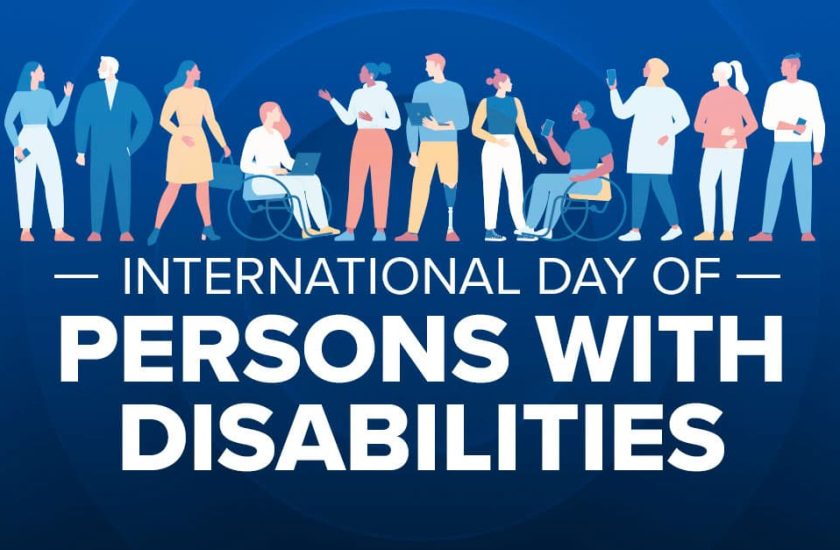Patients treated by top-rated providers as determined by machine intelligence are less likely to suffer post-surgical hospitalizations and have lower costs of care than those treated by providers rated highly by other popular rankings, according to a study released this week by researchers affiliated with the Massachusetts Institute of Technology (MIT), the University of Michigan, and Health at Scale Technologies.
The study, published in the Journal of Medical Internet Research, analyzed data from 4,192 Medicare fee-for-service beneficiaries undergoing elective hip replacements between 2013-2018 in the greater Chicago area, comparing post-procedure hospitalization rate, emergency department visits, and total costs of care at hospitals ranked highly by popular consumer rating systems and CMS star ratings, as well as those rated highly by Health at Scale’s machine intelligence algorithm for personalized provider navigation.
The results showed that patients treated by hospitals ranked highly for a particular encounter by the machine intelligence–based algorithm experienced better health outcomes and lower total costs of care than those treated in hospitals ranked highly by the other approaches.
“When it comes to elective surgeries, patients will often choose their provider based on factors such as consumer ratings, quality and process scores, reputation rankings, average volumes and average outcome rates. Our research sought to better understand how well these ranking systems predict actual health outcomes,” said lead study author Mohammed Saeed, MD, PhD, Assistant Professor at the University of Michigan’s Department of Internal Medicine and Chief Medical Officer at Health at Scale. “The results suggest that a more personalized analysis of an individual’s health needs can potentially lead them to the optimal provider, minimizing the risk of post-procedure hospitalizations and lowering the cost burden on the health system.”
Health at Scale is a health care machine intelligence company that uses proprietary advances in artificial intelligence and machine learning to match individuals to the next best action in real time and when needed most: whether it is the ideal choice of treatment, an early intervention, or the right provider. Founded by machine learning and clinical faculty from MIT, Harvard, Stanford, and the University of Michigan, the company’s mission is to bring precision delivery to healthcare, using tens of thousands of health variables from over a hundred million lives to generate personalized and precise guidance for individual patients. Health at Scale’s machine intelligence is deployed at scale in real operational settings—including with some of the largest payers in the country, driving better health outcomes and affordability for its customers. The company’s software solutions service a broad range of use cases: provider navigation and network design, early targeted prediction and prevention of adverse outcomes, optimized treatment planning; and fraud, waste, and abuse prevention.

 The results showed that patients treated by hospitals ranked highly for a particular encounter by the machine intelligence–based algorithm experienced better health outcomes and lower total costs
The results showed that patients treated by hospitals ranked highly for a particular encounter by the machine intelligence–based algorithm experienced better health outcomes and lower total costs









.png)
.png)

.jpg)







.jpeg)

.jpeg)










.jpg)




.jpg)

